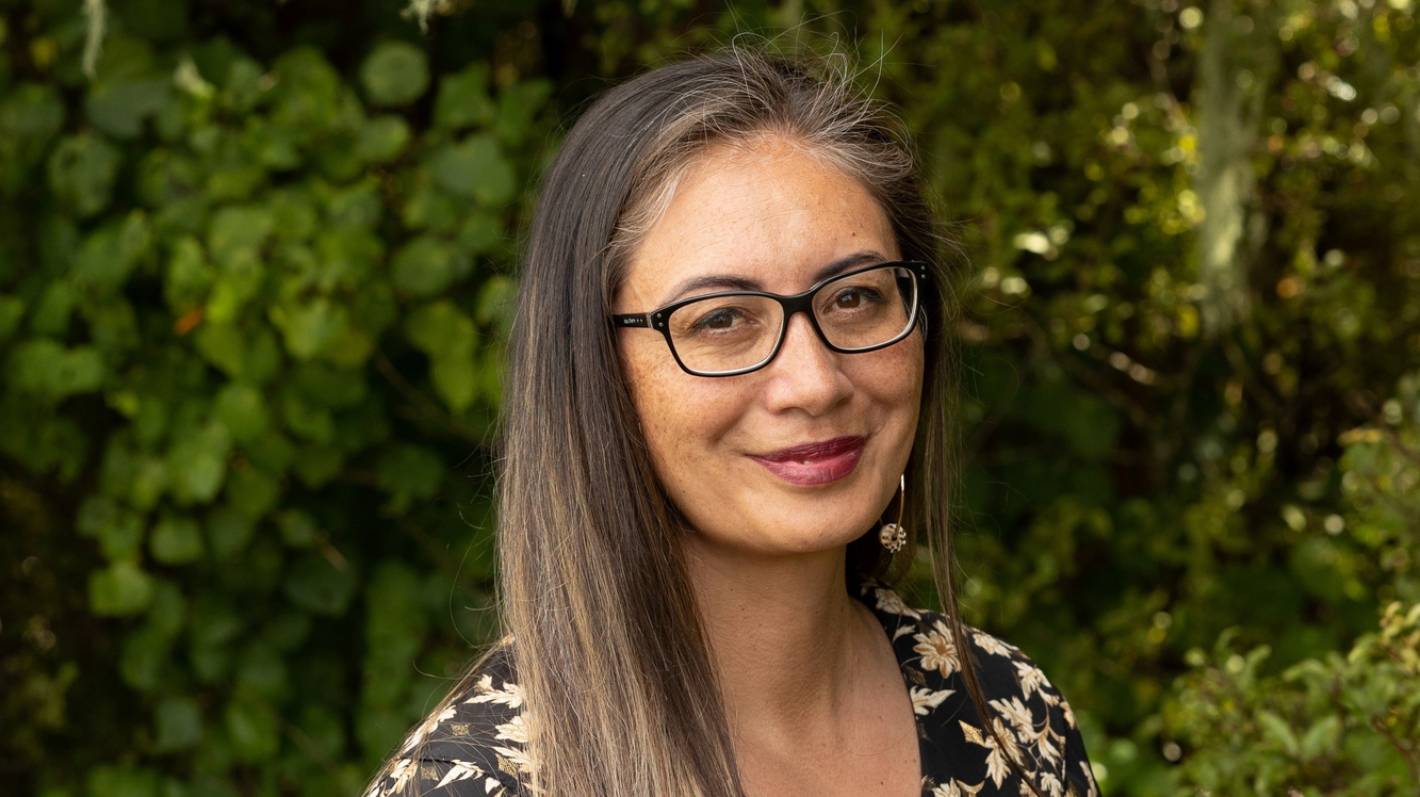Te Rawhitiroa Bosch/Supplied
Ngātiwai Trust Board chief executive Huhana Lyndon wants to see whānau return to Te Tai Tokerau to take up the challenge of working on the board.
Northland iwi leaders are urging whānau with health backgrounds to put their names forward for the new partnership board under Te Aka Whai Ora – Māori Health Authority.
Te Kahu o Taonui – the Iwi Chairs Collective of Te Tai Tokerau – is calling for nominations for four roles on the region’s iwi-Māori partnership board, Te Taumata Hauora o te Kahu o Taonui.
Born out of the health equity reforms that led to the launch of Te Aka Whai Ora in July, the board will act as an extension of the authority, working with Te Whatu Ora – Health New Zealand to navigate local health priorities for Māori.
The changes across the health system are significant as a result of the Pae Ora (Healthy Futures) Act 2022 which it’s hoped will address inequities and variation within the publicly funded health system by reforming its structure.
READ MORE:
* Can the Crown and tino rangatiratanga co-exist? Kelvin Davis walks a delicate line
* Māori leaders say Government is not prepared for Omicron
* Covid-19: Waitangi Day celebrations at Treaty Grounds canned for 2022
Of the board’s 12 seats, iwi across the region are on six, one has gone to Kahurangi Naida Glavish, and another to Waipareira Trust, leaving four available to Māori health professionals and experts.
Ngātiwai Trust Board chief executive Huhana Lyndon said what board members will need is a will to redesign the way health works for Māori.
KELLY HODEL/STUFF
In April, Health Minister Andrew Little announced the establishment of a Māori Health Authority and Ngāruawāhia locals tell us what they hope it could mean for their whānau. (First published May 2021)
“We’re calling for our uri to come home and lift up the shovel, pick up the tea towel, and help us design the future of health in Te Tai Tokerau.”
The board’s role is to listen to those on the ground, deliver the resources they need to address the issues facing Māori when trying to access healthcare, and monitor the work to ensure it’s succeeding, Lyndon said.
Send tips, story ideas and comments to poutiaki@stuff.co.nz
“Localities is where the grunt of the work is done. We can bring together our local providers, our marae, our hapū and find out what the issues are on the ground.
“Through these iwi-Māori partnership boards there’s an opportunity to provide that localised voice of what are the issues and what needs to be put in place.”
Naida Glavish, long-time hauora advocate and chair of Te Rūnanga o Ngāti Whātua Kahurangi, said te ao Māori was at a critical turning point across the nation.
Te Rawhitiroa Bosch/Supplied
Naida Glavish, chairperson of Te Rūnanga o Ngāti Whātua Kahurangi, says expectations are high for the results of the Māori Health Authority.
“Our people have higher expectations of us as leaders and also the Crown.
“Now, more than ever is the need to whakakotahi – to come together – for the benefit and wellbeing of our whānau, hapū and iwi of Te Taitokerau as Aperahama Taonui foretold.”
Mariameno Kapa-Kingi, chief executive of Te Rūnanga Nui o Te Aupōuri, said it was a significant time for Māori to take the reins and practise mana motuhake in the healthcare setting like it’s never been done before.
Te Rawhitiroa Bosch/Supplied
Mariameno Kapa-Kingi, chief executive Te Rūnanga Nui o Te Aupōuri, says it’s time Māori assert their mana motuhake in health.
“This is our time to design, deliver and evaluate,” Kapa-Kingi said.
“I see this opportunity as something we should just take hold of and bring our mātauranga to it.”
Kapa-Kingi urged whānau across Aotearoa to put their names forward for the roles, return to their whenua, to work for a better future for their whanaunga.
Applications close on November 10 at 5pm.




